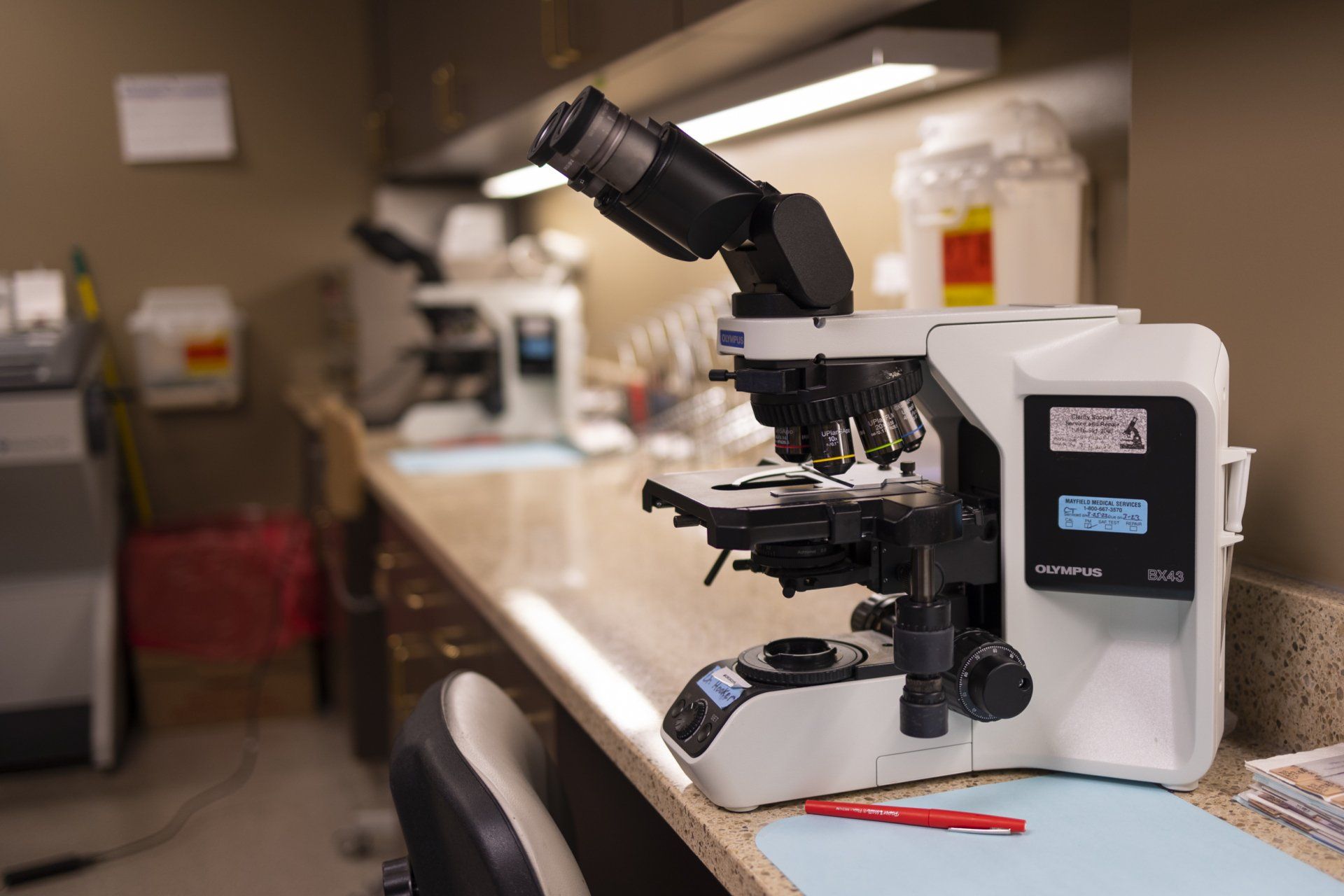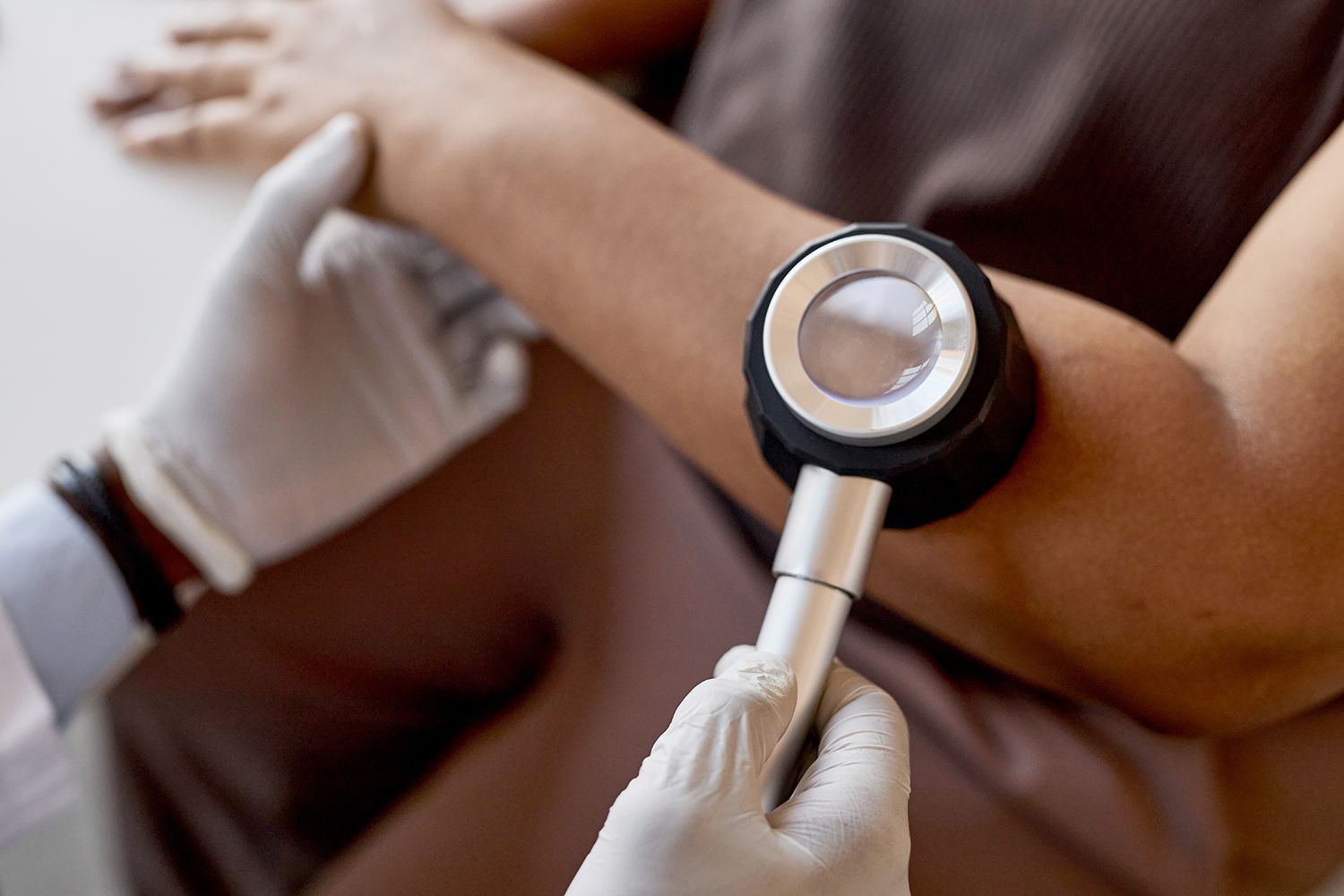The Importance of Skin Checks for Solid Organ Transplant Patients
Faith‑Driven. Science‑Perfected.
Receiving a solid organ transplant is life‑changing. Along with the benefits come unique challenges—one of the most significant is increased skin‑cancer risk. At ADS,
Thomas L. Hocker, MD and our team help transplant recipients protect their skin health with regular screenings, prevention strategies, and advanced treatment when needed, including Mohs micrographic surgery with same‑day reconstruction in our
certified ambulatory surgical center. Our clinic’s exceptionally low infection rates are especially important for patients on immunosuppressive therapy.
Why Transplant Patients Are at Higher Risk
After transplantation, anti‑rejection medications suppress the immune system. While essential, they reduce the body’s ability to detect and clear abnormal cells. As a result:
- Skin cancers are up to 65 times more common in transplant patients compared to the general population.
- Squamous cell carcinoma is the most frequently diagnosed skin cancer in this group, often more aggressive than in non-transplant patients.
- The risk increases with the length of time on immunosuppressive therapy.
These facts underscore the importance of
vigilant prevention and early detection.
The Role of Regular Skin Checks
Early detection is critical. Most skin cancers are highly treatable when caught early, but in transplant patients, they may progress faster. Dr. Hocker recommends:
- Full‑body skin exams every 3–6 months for all transplant recipients (more often if prior skin cancer or additional risk factors).
- Monthly self‑exams
to identify new or changing spots, sores that do not heal, or unusual growths.
- Immediate evaluation for any concerning change, especially on
sun‑exposed areas
like the scalp, face, ears, neck, forearms, and hands.
Prevention Strategies
While regular checks matter, prevention is the first line of defense:
- Daily broad‑spectrum sunscreen (SPF 30+), reapplied every two hours outdoors.
- Sun‑protective clothing, wide‑brim hats, UV‑blocking sunglasses.
- Avoid tanning beds and minimize peak midday sun exposure.
- Partner with your dermatologist to personalize prevention and discuss any medication‑related skin effects.
ADS: Comprehensive, Coordinated Care
At ADS, screening, diagnosis, and treatment happen in a coordinated pathway. When skin cancer is detected, Mohs surgery offers precise margin control while preserving healthy tissue—especially valuable for cosmetically or functionally sensitive areas. As a triple board‑certified dermatologist and dermatopathologist, Dr. Hocker aligns clinical and microscopic findings to guide the safest plan. Post‑operative care instructions are tailored for transplant patients to support low infection risk and smooth healing.
Protecting your gift of life includes protecting your skin. With routine checks, thoughtful prevention, and expert treatment, you can lower complications and keep living fully after transplant. If you’re due for an exam—or notice a new or changing spot—schedule with ADS.






